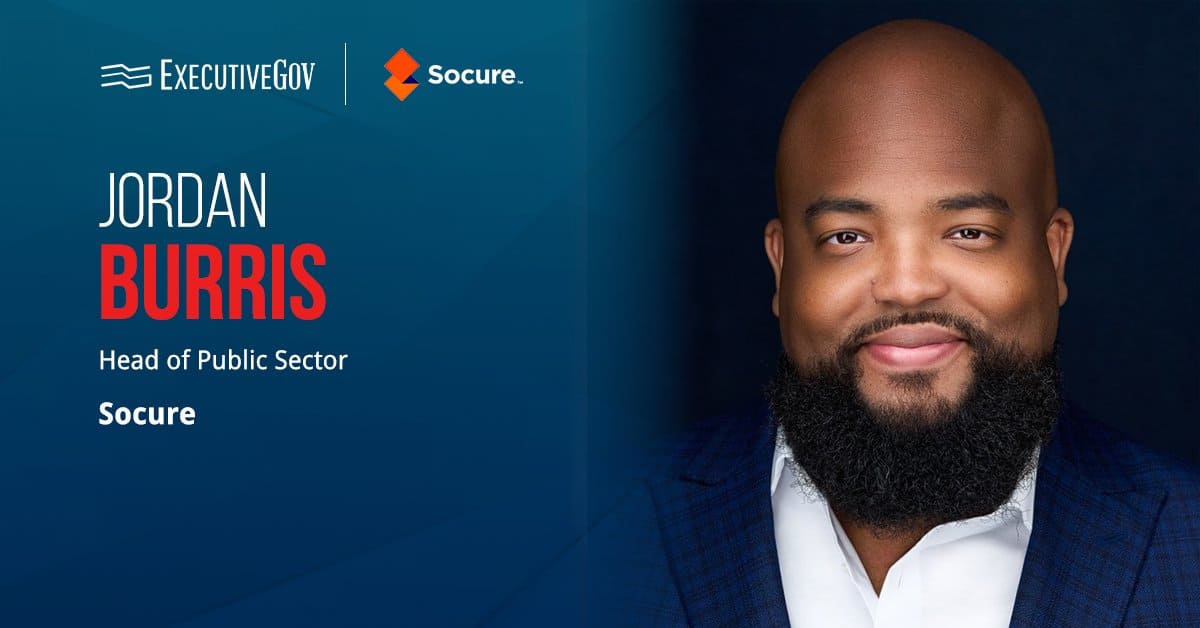 Karen Evans, assistant secretary at the Department of Energy‘s Office of Cybersecurity, Energy Security and Emergency Response, is looking to leverage the Internet-of-Things to further secure the energy grid, FCW reported Tuesday.
Karen Evans, assistant secretary at the Department of Energy‘s Office of Cybersecurity, Energy Security and Emergency Response, is looking to leverage the Internet-of-Things to further secure the energy grid, FCW reported Tuesday.She told CESER researchers that the spread of IoT devices may help operators study cybersecurity threats and make changes to grid security based on assessments.
Connected electric-powered vehicles may serve as sensors that generate cybersecurity situational awareness for grid operators, she noted.
The assistant secretary also said that this security approach can be implemented within two to three years.
CESER is charged with securing the country’s electric infrastructure and sharing findings with the Department of Homeland Security.





